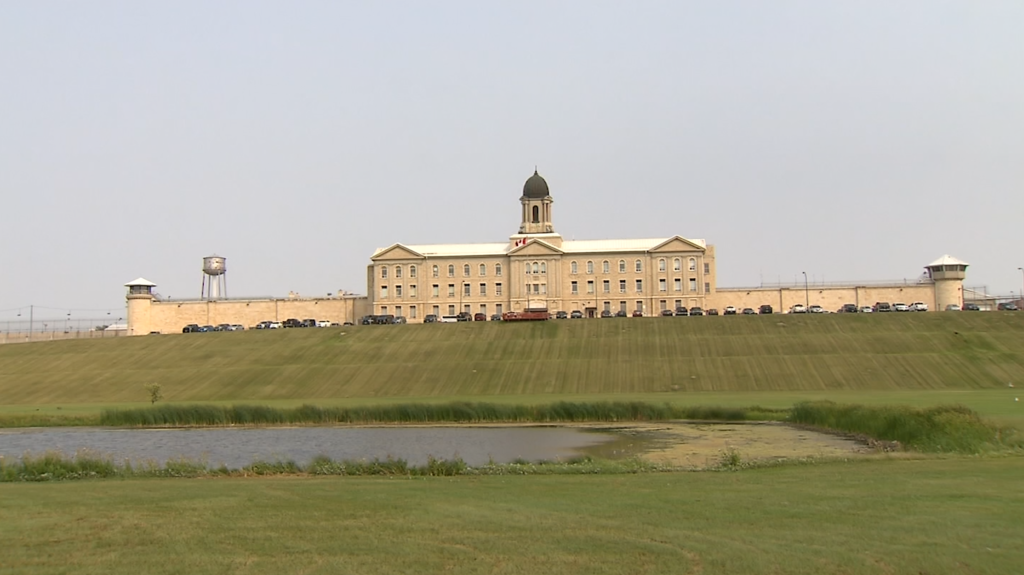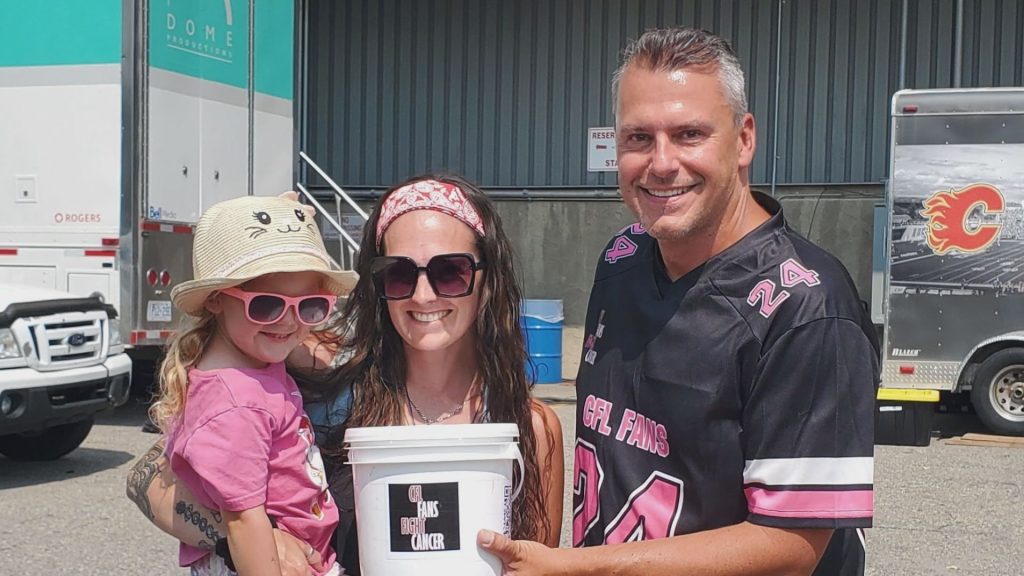Manitoba First Nation taking fight over clean water to the UN
Posted February 11, 2021 4:22 pm.
Last Updated February 11, 2021 6:25 pm.
WINNIPEG – Clean drinking water is something many of us take for granted.
But Tataskweyak Cree Nation (TCN), roughly 760 kilometers north of Winnipeg, hasn’t had clean drinking water years, leaving those living there with no choice but to advance their class action lawsuit by involving the United Nations.
“We can no longer sit back and ignore this issue, because we know that water is life, right?” said TCN Chief Doreen Spence.
Spence was joined by NDP MP Niki Ashton and lawyer Michael Rosenberg Thursday to announce they’ve sent a letter to a UN investigator in an effort to force governments to take action.
“If they won’t be moved by their own failure, if they won’t be moved by a class action lawsuit, hopefully being shamed on the international stage will force them to act,” said Ashton.
They say the government has left them for four years with water so unsafe their members are showing physical rashes from it.
“Canada’s inaction left us with no choice but to go to the UN. Our members, our children are getting sick from the water. And it’s Canada’s duty to provide to all First Nations,” said Spence.
The federal government had pledged to eliminate all drinking water advisories by March of 2021– a deadline it’s already admitted can’t be met.
TCN is one of 58 First Nations in Canada with a water problem.
Some of their members travel over eight kilometres away to get water they trust from Ah-she-Anne Lake. They hope the government will take action in making it their new source of water.
“TCN first commissioned a feasibility study from the lake in 2006, it’s latest was in 2019 – to date, there has been no funding advance to move that project to planning stage so that the water intake may actually be built, and the drinking water advisory may actually be lifted,” said Rosenberg.
The community consists of 2,300 people, and receives 1,500 cases of water per week, but the chief says those bottles of water don’t last them long enough and the federal governments supply is only until March.
TCN’s lawyer says they would like to avoid litigation and get real progress going with the government but that hasn’t happened.
CityNews reached out to the federal government, which said it respects TCN’s rights to seek intervention.
“[We have] supported the community in the repairs and upgrades to their water treatment centre to ensure water quality continues to meet approved guidelines. We respect the right of Indigenous groups, including Tataskweyak Cree Nation, to seek intervention of the Courts. We cannot further comment as the matter is before the courts,” reads a statement from Indigenous Services Canada.








